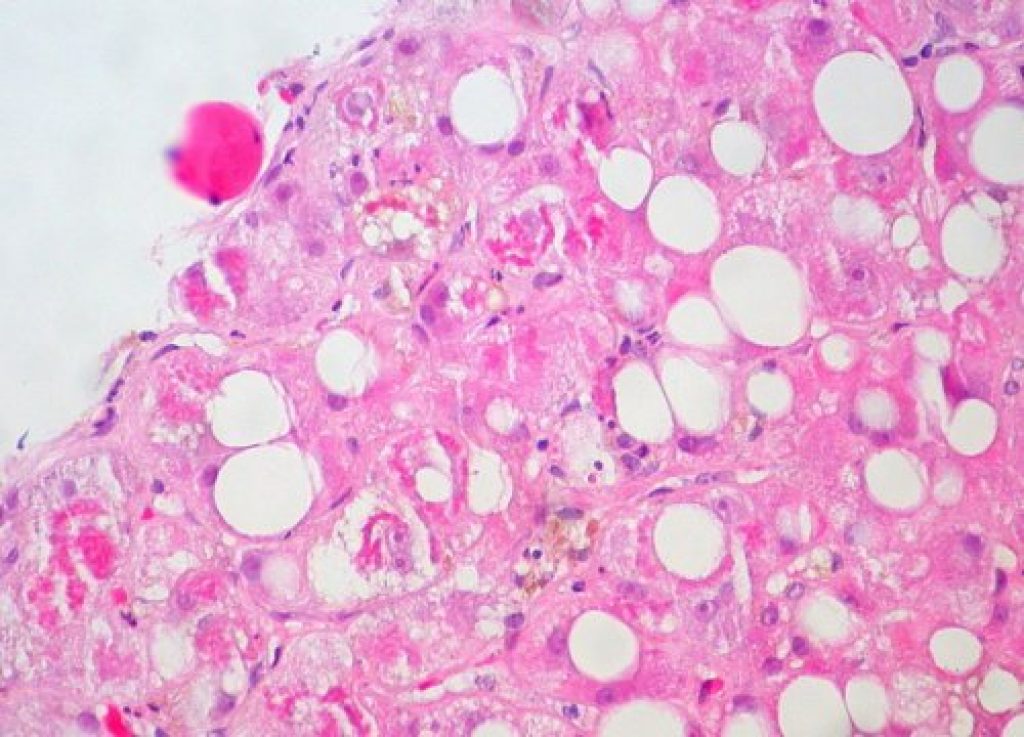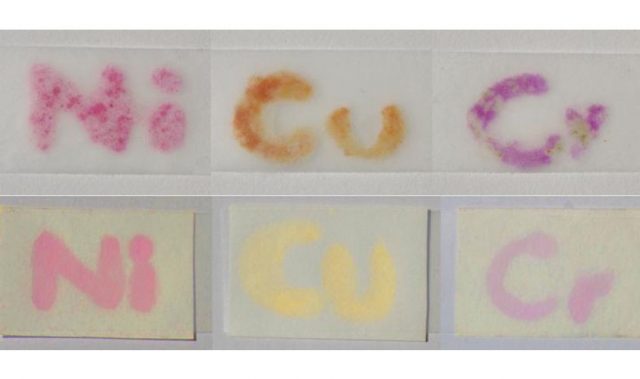
AsianScientist (Jun 26, 2014) – An international team of scientists led by Monash University researchers has shown how free radicals contribute to type 2 diabetes, obesity and fatty liver disease.
Type 2 diabetes and non-alcoholic fatty liver disease are key complications of obesity as 80 percent of patients with type 2 diabetes are obese, and 75 percent of patients who are obese or have type 2 diabetes also have fatty liver disease.
The team, led by Professor Tony Tiganis from the Department of Biochemistry and Molecular Biology at Monash, has found that free radical molecules called reactive oxygen species (ROS) wage a battle with enzymes called protein tyrosine phosphatases, initiating a cascade of events with devastating consequences.
The findings, published in the journal Cell Metabolism, explain how selective insulin resistance–a pathological feature of type 2 diabetes–occurs in the liver. The study identifies the molecular culprits involved, and reveals how they contribute to disease progression.
“We have shown for the very first time that these free radicals inactivate protein tyrosine phosphatases in the liver to activate rogue pathways that promote fatty liver disease and exacerbate the development of obesity and type 2 diabetes,” Prof. Tiganis said.
Prof. Tiganis’ team found that obesity promoted ROS generation that inactivated a phosphatase called PTPN2. This inactivation in turn exacerbated obesity and fatty liver disease progression.
Prof. Tiganis has plans to test two potential therapeutic approaches in future experiments. One involves inactivating a protein in the liver, and the other will use a selective anti-oxidant to ‘mop up’ excess free radicals that would otherwise inactivate PTPN2.
While free radicals play important roles in disease, Professor Tiganis advises against taking anti-oxidants indiscriminately.
“Although we need to undertake further studies in humans, preclinical studies indicate that ROS also play important roles in biology,” he said.
The article can be found at: Gurzov et al. (2014) Hepatic Oxidative Stress Promotes Insulin-STAT-5 Signaling and Obesity by Inactivating Protein Tyrosine Phosphatase N2.
—–
Source: Monash University; Photo: Ed Uthman/Flickr/CC.
Disclaimer: This article does not necessarily reflect the views of AsianScientist or its staff.












